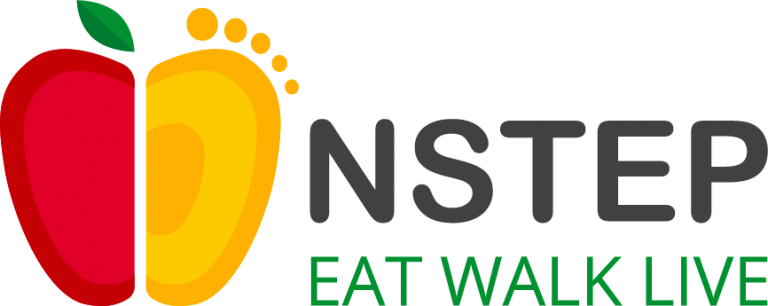Social Connections
Written by: Natalie
Greetings NSTEPers!
What do you need to do to take care of yourself every day? Most people would say exercise and eat nutritious foods. But what about your social connections?
Did you know humans are inherently social creatures?
Research shows us loneliness is on the rise and a lack of human connection can be harmful to your health. In today’s age, we live busy lives, trying to strike a balance between work, school, hobbies, self-care and more. Often, our social connections fall by the wayside.
Social connection is a determinant of health and wellbeing.
Research shows having high-quality close relationships and feeling socially connected to the people in your life is associated with decreased risk for all-cause mortality as well as a range of disease morbidities. People with weak social connections have a 50% greater risk of death than those with stronger connections; an effect on mortality as strong as smoking 15 cigarettes a day1. Just as social isolation causes health problems, being socially connected can have significant positive effects on both mental and physical health. It turns out our perceptions of social support can help us cope and recover from stressful situations faster2. Effective stress management can lower anxiety and inflammation while enhancing immunity3. When we feel connected we value and encourage healthful behaviour for ourselves and others through activities like exercise and eating well2,3.
What is Social Connection?
Social connection is the subjective experience of feeling close to and a sense of belongingness with others4. Social connection can be with people who live close, like family and friends or more distant with acquaintances. Connection can be with people as close as next door or so far away you connect with them via phone or social media.
Forms of Social Connection
- Social Capital: access to support, resources, and information due to relationships with others5
- Social Cohesion: the perception of belonging to a ‘community’5
- Social Inclusion: full and equal participation in social, cultural and political institutions for all members of a ‘community’5
Benefits of Social Connection
- Reduce stress
- Give you a sense of meaning, purpose, and belonging
- Build resilience
- Improve happiness
Our inherent need for human connection doesn’t mean that every introvert must become a social butterfly. Connection looks different for everyone.
How can you make more social connections?
- Invite a friend who makes you laugh and go to a funny movie
- Send an encouraging email or text message to someone who's going through a hard time.
- Look for a community that shares your views. It may also have its own organized social groups.
- Introduce yourself to a neighbour
- Call an organization you're interested in and ask about their volunteer programs
References:
- Holt-Lundstad J, Smith TB, Layton JB. Social relationships and mortality risk: a meta-analytic review. PLoS Med. 2010;7(7):e1000316
- Cohen S. Social Relationships and Health. Am Psychol. 2004; 59:676-684.
- Uchino BN. Social support and health: a review of physiological processes potentially underlying links to disease outcomes. Journal of Behavioral Medicine. 2006; 29:377-387.
- Alberta Health Services. https://myhealth.alberta.ca/Health/Pages/conditions.aspx?hwid=abl0295
- United Nations. 2016. Leaving No One Behind, A Report on the World Social Situation. https://www.un.org/esa/socdev/rwss/2016/full-report.pdf
- Holt-Lunstad, J., Robles, T. F., & Sbarra, D. A. (2017). Advancing social connection as a public health priority in the United States. The American psychologist, 72(6), 517–530. https://doi.org/10.1037/amp0000103

